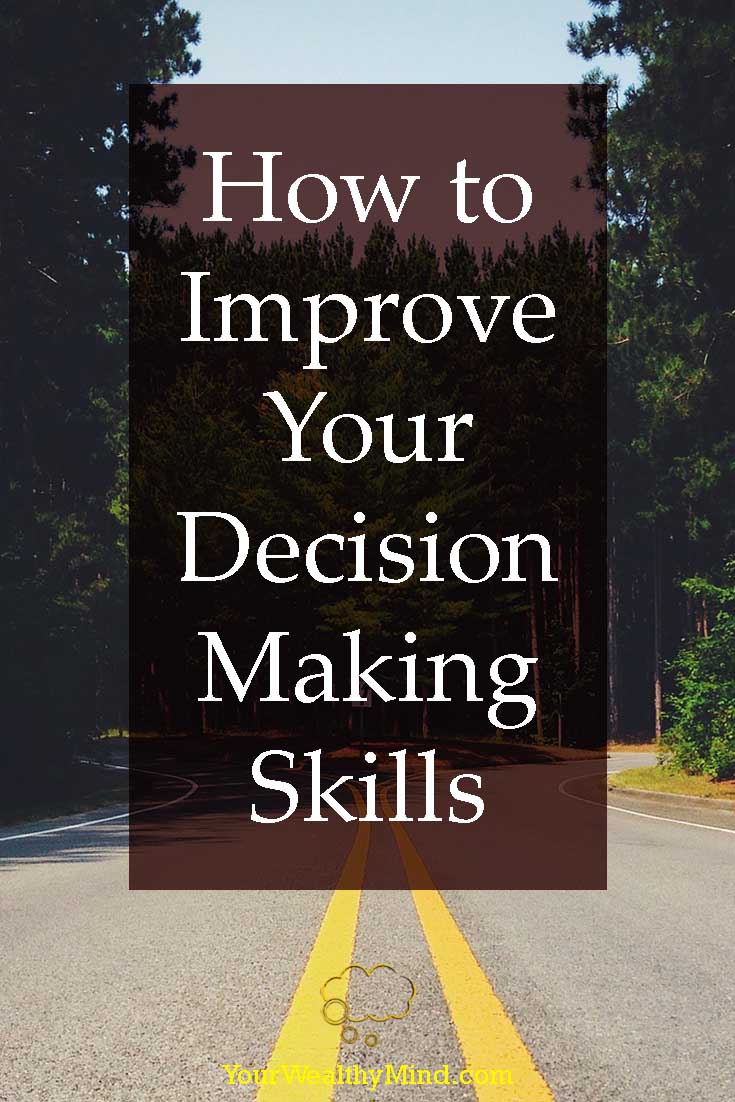Challenges of Decision-Making in a Intricate Environment
Within today's rapid and intricate world, the capability to make wise decisions has never more important. Whether it is in our personal lives, professional settings, or in crisis situations, the decisions we make shape our destiny and influence those around us. However, many feel themselves overwhelmed by the vast volume of choices, uncertainties, and possible consequences linked to each choice. This complexity can lead to decision fatigue, analysis paralysis, or even regrettable choices made in a hurry.
Perfecting the art of smart decision-making involves refining particular skills and applying proven techniques that enhance our judgment. From learning how to assess options effectively to developing emotional intelligence, the journey to becoming a confident decision-maker requires self-knowledge and a readiness to adapt. In this article, we will discuss various strategies for enhancing decision-making skills, the mental processes that underpins our choices, and how to maintain mental clarity even in pressure. By understanding the nuances of decision-making, we can empower ourselves to handle life's challenges with greater assurance and insight.
Methods for Smart Decision-Making
Proficient decision-making typically necessitates a combination of analytical thinking and emotional intelligence. One approach to enhance your decision-making skills is to utilize decision-making frameworks that have demonstrated successful results across different contexts. For instance, methods like SWOT analysis, which involves assessing assets, disadvantages, chances, and challenges, can assist you methodically evaluate options. Utilizing such frameworks encourages a structured approach, allowing you to make thoughtful choices even when faced with complicated situations.
Another crucial technique is developing the ability to examine options thoroughly. This requires weighing the potential consequences of each option and comprehending the implications they may have. To do this successfully, develop a pros and cons list for every significant decision. Not only does this help clarify your thoughts, but it also aids in visualizing the consequences of each alternative, which can significantly reduce the feeling of being overwhelmed. Knowing how to evaluate alternatives can lead to more assured and clear decisions.
Lastly, enhancing emotional intelligence is essential for smart decision-making. Being aware of your emotions and understanding how they influence your choices can enhance your ability to make wise decisions, especially under pressure. Practicing awareness can help you stay focused, allowing you to pause and evaluate circumstances considerately rather than responding impulsively. By merging emotional awareness with rational analysis, you can develop a balanced decision-making process that leads to improved outcomes.
The Role of Gut Feeling and Feelings
Intuition often plays a critical role in decision-making, especially in situations where there's little time or the options are complicated. This gut feeling is shaped by historical encounters and subconscious processing, allowing people to make immediate assessments without needing to engage in extensive analysis. Many successful leaders and elite achievers rely on their intuition to guide them through tough decisions, recognizing that their instinct can be shaped by years of accumulated knowledge. This intuitive feeling can be a powerful tool that enhances analytical thinking.
On the other hand, feelings also significantly affect decision-making. While emotions can provide important cues about core beliefs and preferences, they can also obscure judgment if not managed effectively. Emotional awareness becomes vital in understanding these feelings, allowing individuals to utilize the favorable elements of feelings while reducing the risks of impulsive choices driven by anxiety. Balancing emotion with logical reasoning can improve the decision-making process, ensuring that choices are consistent with both personal and moral standards.
Moreover, combining intuition and emotion into decision-making requires effort and self-awareness. By acknowledging the role these elements play, decision-makers can develop a comprehensive approach to their choices. Training oneself to stop, reflect, and assess the feelings of a decision can create clarity and certainty. This combination of gut feeling and emotional awareness helps individuals navigate challenges more successfully, leading to smarter, balanced decisions in both individual and work-related contexts.
Overcoming Choice Barriers
Choosing choices in a complicated world often reveals multiple hurdles that can impede our power to choose wisely. effective decision-making is the fear of taking the incorrect choice. This fear can result in paralysis by analysis, where individuals get so overwhelmed by options that they find it difficult to make any choice at all. To combat this, it's essential to embrace a mindset centered around learning rather than excellence. Recognizing the idea that every choice is an chance for development can help reduce the stress and promote proactive decision-making.

Another common hurdle is cognitive overload, which happens when individuals are faced with too much information at once. This can result in bewilderment and poor choices. To tackle this, utilizing mindfulness can be highly effective. Mindful practices help declutter the mind and foster cognitive clarity, enabling individuals to focus on the key elements important for their decision. Spending the moment to stop, consider, and rank choices can streamline the choice process, leading for more efficient resolutions.
Moreover, peer influences can confuse decision-making. Social pressure and the anxiety of criticism can lead individuals to conform to group opinions instead of following their own intuition. To address this barrier, cultivating EQ is key. Developing self-awareness about one's feelings and understanding the dynamics of group interactions can empower individuals to make choices in accordance with their principles. By reinforcing personal beliefs and practicing confidence, one can navigate external influences effectively, resulting in more authentic and fulfilling choices.